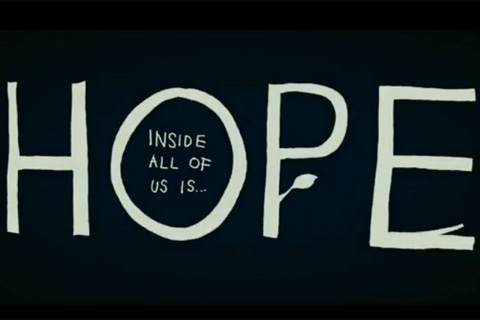In honor of Lung Cancer Awareness Month, a group of lung cancer bloggers have gotten together to show you the many faces of lung cancer.
Today's lung cancer survivor and spectacular advocate is Lysa Buonnano, who impresses me more each time I talk with her!
Twitter handle: @thelysabee
Blog: https://lysabuonanno.wordpress.com/
How are you connected with lung cancer? “I was diagnosed with Stage IV lung cancer four years ago. I have been through chemo, radiation, four surgeries, and now targeted drug therapy (my miracle pills).
How do you spend your time? “I have done eight advocacy trips in the past four or five months, such as testifying on Capitol Hill to increase funding for cancer research, and doing other public speaking. I'm also a Lifeline mentor with Lungevity, and I'm a peer reviewer for the Department of Defense's Lung Cancer Research Project. I do something to support people that I know with lung cancer at least once a week, such as researching treatment options, and helping someone in my support group get insurance benefits for treatment. When I’m not doing advocacy, I spend a lot of time with my daughter and my family.”
How did you first get involved with advocacy? “I connected with my local chapter of the American Lung Association, and I have become their spokesperson for television and other media. That led to getting paired up with the national office of the American Lung Association. They fly me to D.C. a couple of times a year to meet with congress.
Why are you an advocate? “This is my way of giving back, and contributing to other people. I want to give other survivors hope that their life can still carry on.”
What does a typical day look like for you? “I get up and turn on my tablet to check emails, and then I do an internet search. I have Google Alert set up for key word searches: ‘Lung Cancer,’ ‘Medical Research,’ and ‘ROS1 (my genetic mutation).’ After that I try to have time for coffee on my patio. I enjoy looking at my waterfall.”
What gives you hope? Research, and other survivors. To know ten-year survivors and to learn about all the new clinical trials makes me think I'm going to be around for a while!
What is something that people may not know about you? “I’m teaching myself to paint. I’m not great, but it’s therapeutic.”
“I made these for my kids. My daughter is a big Marilyn Monroe fan, and my son plays the guitar.”
Do you have a guiding mantra you live by? “Every day is a gift… even on my not so great days.”
What else do you want people to know? “Anybody with lungs can get lung cancer. It doesn’t discriminate.”
To see yesterday's profile, go to http://bit.ly/1PnCeYI.
To see tomorrow's profile, go to http://bit.ly/1Wx8sXo.
To see the profiles for the entire month, you will find a link at http://lcsmchat.com/profiles-in-lung-cancer/.
















